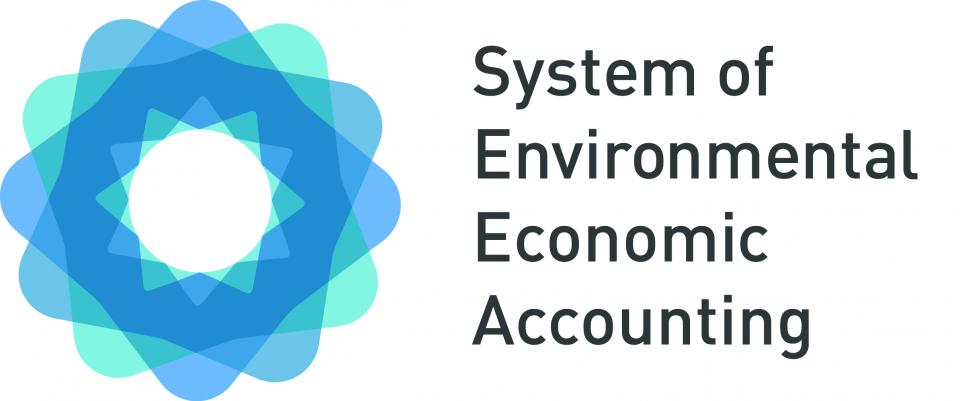Resource Corner, SEEA News & Notes: Issue 5

SEEA-Energy is a multi-purpose conceptual framework for organizing energy-related statistics, supporting analysis of the role of energy within the economy, the state of energy inputs and various energy-related transactions of environmental interest. The final English version is now available.
Eurostat have recently published data for air emissions accounts, environmental taxes, material flow accounts, physical energy flow accounts and environmental protection expenditure accounts and environmental goods and services sector accounts. Data are available on the Eurostat database under the ‘environment’ theme.
The Italian National Institute of Statistics have released experimental statistics on environmental pressures related to the tourism industries, combining Tourism Satellite accounts and SEEA compliant environmental accounts.
Ecosystem services accounting: Part I - Outdoor recreation and crop pollination
Learn more about how the EC Joint Research Center assessed and measured outdoor recreation and crop pollination ecosystem services for the European Union.
Presentations from Joint OECD/UNECE Seminar on the Implementation of SEEA 20 - 21 February 2019
Presentations and the report of the fourth OECD/UNECE Seminar on the implementation of SEEA are now available.
The Case for a Digital Ecosystem for the Environment
This discussion paper examines how we can better assemble data, analytics, cloud computing and policy priorities to influence policy, consumer behavior and global markets towards sustainability and action to prevent environmental degradation, climate change and loss of biodiversity.
Global Assessment on Land Degradation and Restoration
The Intergovernmental Science-Policy Platform on Biodiversity and Ecosystem Services (IPBES) has released "The Assessment Report on Land Degradation and Restoration". The report provides a critical analysis of the state of knowledge regarding the importance, drivers, status and trends of terrestrial ecosystems.
Global Surface Water monitoring and SDG 6.6.1 web-based application.
Google, the European Union Joint Research Center and UN Environment have been collaborating to make a satellite-based data product in support of SDG 6.6.1.
Measuring Progress: Towards Achieving the Environmental Dimension of the SDGs
This publication outlines current global and regional actions toward achieving the environmental SDGs and where there is a need to scale up action.
Natural Capital Accounting for Mainstreaming Climate Change in Decision-Making
This report, prepared for the 2018 Natural Capital Policy Forum, details how natural capital accounting and the SEEA can help mainstream climate change and related policies in decision making.
Natural Capital Accounting for Mainstreaming Biodiversity in Public Policy
This report, prepared for the 2018 Natural Capital Policy Forum, details how natural capital accounting and the SEEA are currently used in biodiversity-related policies and provides an overview of potential uses of natural capital accounting and the SEEA for biodiversity-related policies.
Read about the OECD methodology to estimate SEEA air emission accounts, which can be applied to countries that do not yet compile air emission accounts. The resulting estimates complement official air emission accounts disseminated by OECD.
SDG 6 in Brazil: ANA's Vision of the Indicators
The National Water Agency (ANA) of Brazil, has launched a interactive dashboard that presents detailed information about the SDG 6 indicators and how they are being monitored in Brazil, including the SEEA. The dashboard is also accompanied by a report (Portuguese).
The State of the World’s Biodiversity for Food and Agriculture
This report provides an assessment of biodiversity for food and agriculture and its management worldwide, drawing on information provided in 91 country reports, 27 reports from international organizations and inputs from over 175 authors and reviewers.
